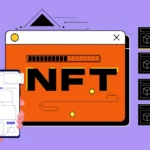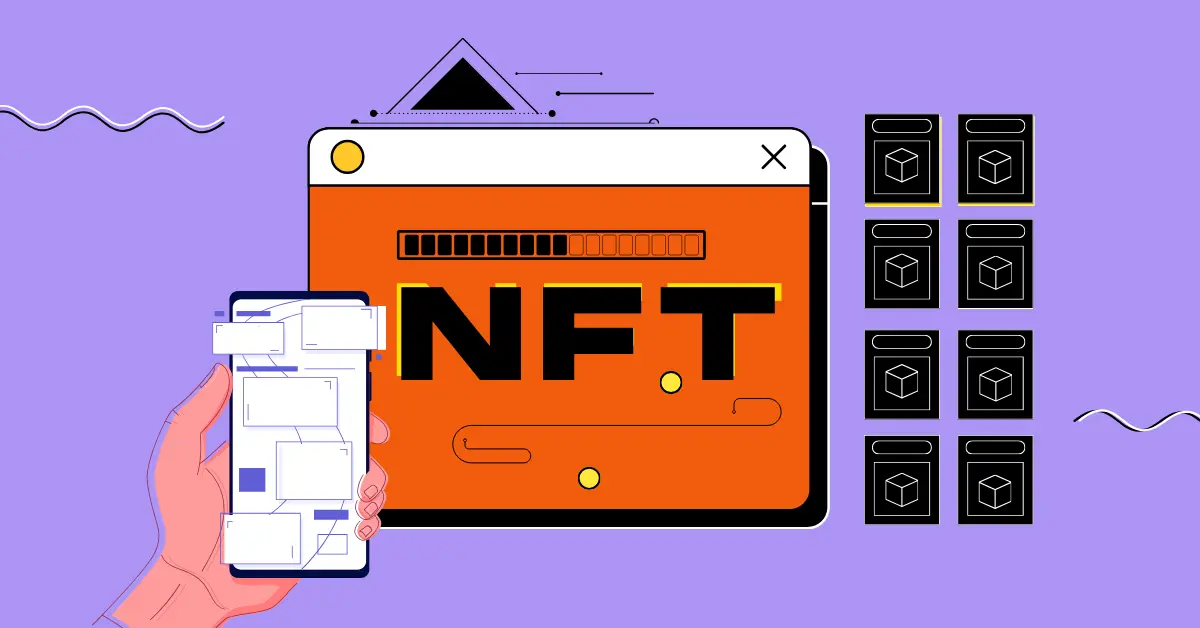Leaders from the Russian and Iranian crypto and fintech industry groups recently convened at the International Exhibition of Financial Industries in Tehran.
The event’s official channel on the Aparat video sharing platform uploaded a panel discussion focusing on crypto adoption. Notably, the panel included key figures from the Iranian government, including the head of the Ministry of Information and Communication Technology’s innovation and investment department. While no Russian government officials were present, Alexander Brazhnikov, the Executive Director of the Russian Association of the Cryptocurrency and Blockchain Industry (RACIB), delivered an important address as a distinguished speaker during the session.
The panel witnessed the presence of prominent figures from the Russian and Iranian crypto industry organizations. Among them were Alexander Brazhnikov, the outspoken Executive Director of the Russian Association of the Cryptocurrency and Blockchain Industry (RACIB), and Mustafa Amiri, the Secretary of the Iranian Fintech Association.
Additionally, Abbas Ashtiani, the CEO of the Iran Blockchain Association, also participated in the discussions. The panel primarily focused on the evolving regulatory frameworks surrounding cryptocurrencies in both Russia and Iran. Brazhnikov expressed his anticipation for new legislation to be enacted in Russia by September, with the aim of legalizing the use of cryptocurrencies in international trade, particularly as Moscow faces limitations in USD-powered transactions.
Also Read: US House of Representatives Explores the Future of Blockchain and Web3

Alexander Brazhnikov, the Executive Director of the Russian Association of the Cryptocurrency and Blockchain Industry (RACIB), speaking at a fintech event in Tehran last week. (Source: Iran_Fintech/Aparat/Screenshot)
The Russian Central Bank has expressed its intention to establish a “pilot” program aimed at overseeing trading companies engaged in crypto transactions.
This initiative aims to enable the central bank to supervise such activities. Notably, Rosbank, one of Russia’s prominent banks, is reportedly facilitating trade for domestic businesses through a pilot program.
However, Brazhnikov indicated that companies opting to conduct trade using cryptocurrencies instead of fiat currency may not be subject to the same level of regulatory compliance imposed on the traditional banking sector.
Brazhnikov expressed the view that, in the crypto sector, the traditional role of banks is less crucial. He stated, “Generally speaking, in this sector, banks are not needed.” According to his perspective, Russia possesses crypto brokerages and crypto exchanges that adequately fulfill the requirements for conducting trade deals in cryptocurrencies. Therefore, he suggested that the involvement of banks might not be essential in facilitating such transactions within the crypto industry.
The RACIB acknowledged the existence of “certain relationships” between crypto exchanges based in Moscow and Iranian companies. However, it is worth noting that Russian government officials, in February, emphasized their cautious approach and stated that they would not rush the process of approving crypto trade between Moscow and Tehran.
Earlier discussions between the two nations have explored the potential co-launch of a gold-pegged stablecoin. Furthermore, Moscow has confirmed that several Russian companies are already engaged in crypto trade, indicating that these firms have initiated crypto-powered transactions without necessarily waiting for official approval.
Described as the largest financial event in the Middle East region, the exhibition hosting these discussions is recognized as a significant gathering of economic stakeholders within the country.
Russia is importing supplies from Iran for a domestic factory that would make Iranian-designed drones for the war in Ukraine, the White House says https://t.co/OHWfIqGlb8 pic.twitter.com/HHhg0MBS36
— Bloomberg UK (@BloombergUK) June 9, 2023
According to experts, it has been suggested that Russia and Iran might have initiated crypto-powered trade as far back as 2019.
During a recent financial sector event in Russia, an analytics firm revealed that nearly $300 million worth of peer-to-peer (P2P) crypto trades were being conducted on a daily basis.
The firm raised concerns that such activities could potentially impact the reputation of Russian banks. It further alleged that P2P traders and unlicensed crypto exchanges were utilizing commercial bank accounts in Russia to facilitate crypto sales.
Also Read: Russian Banker Predicts Chinese Yuan to Replace US Dollar as Global Reserve Currency
Important: This article is intended solely for informational purposes. It should not be considered or relied upon as legal, tax, investment, financial, or any other form of advice.
Follow Cryptos Headlines on Google News
Join Cryptos Headlines Community











